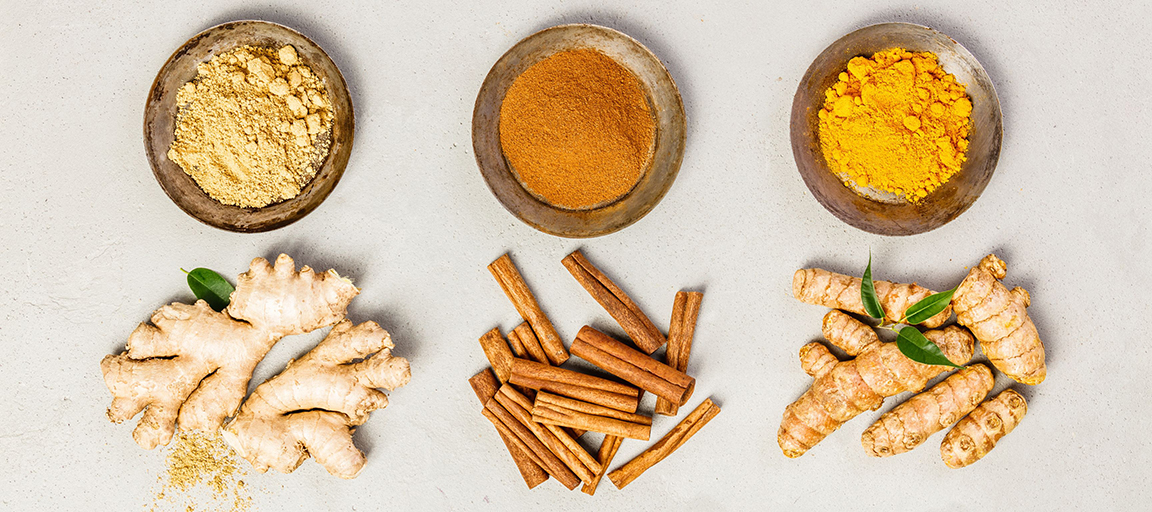In a world where pharmaceuticals often dominate the healthcare landscape, it’s easy to overlook the potent healing properties of plants that have been used for centuries by various cultures around the globe. Herbal remedies offer a natural and often gentler alternative to traditional medications, providing relief for a wide array of common ailments without the risk of adverse side effects. In this blog, we’ll explore some of these time-tested herbal remedies and how they can effectively address everyday health concerns.

Turmeric for Inflammation
Turmeric, a vibrant yellow spice commonly found in Indian cuisine, contains curcumin, a powerful anti-inflammatory compound. Whether it’s arthritis, digestive inflammation, or even muscle soreness, turmeric has been shown to reduce inflammation and alleviate pain. Incorporating turmeric into your diet or taking it as a supplement can provide significant relief without the need for pharmaceutical anti-inflammatories.

Peppermint for Digestive Issues
Peppermint is not just a refreshing flavor; it’s also a potent herbal remedy for digestive problems. From indigestion and bloating to irritable bowel syndrome (IBS), peppermint has soothing properties that can ease gastrointestinal discomfort. Peppermint tea or capsules can help relax the muscles of the digestive tract, reducing spasms and promoting healthy digestion.

Chamomile for Stress and Anxiety
Chamomile is renowned for its calming effects on the mind and body, making it a popular choice for alleviating stress and anxiety. Whether consumed as a tea or taken in supplement form, chamomile can promote relaxation, improve sleep quality, and soothe frazzled nerves. It’s a gentle yet effective alternative to pharmaceutical anti-anxiety medications.

Echinacea for Immune Support
When it comes to warding off colds and flu, echinacea is a herbal remedy with a long history of use. This immune-boosting herb stimulates the body’s natural defenses, helping to prevent infections and reduce the severity of symptoms. Incorporating echinacea supplements or extracts into your wellness routine can provide added protection during cold and flu season.

Ginger for Nausea
Ginger has been prized for centuries for its ability to quell nausea and calm an upset stomach. Whether it’s motion sickness, morning sickness during pregnancy, or chemotherapy-induced nausea, ginger can offer relief without the side effects associated with traditional anti-nausea medications. Ginger tea, ginger candies, or ginger supplements can all be effective remedies for queasiness.

Cinnamon for Blood Sugar Regulation
Adding to the repertoire of herbal remedies, cinnamon offers benefits for blood sugar regulation. This aromatic spice has been shown to improve insulin sensitivity and lower blood sugar levels, making it particularly useful for individuals with diabetes or those at risk of developing the condition. Incorporating cinnamon into your diet, whether sprinkled on oatmeal, added to smoothies, or brewed into tea, can help support healthy blood sugar levels and overall metabolic health.
As champions of holistic health, we emphasize the inherent healing potency of herbal remedies over pharmaceuticals. Nature offers a rich array of plant-based solutions, ranging from turmeric and peppermint to chamomile and ginger. By integrating these herbal remedies into your healthcare regimen, you can access centuries-old wisdom and nurture your well-being naturally and holistically.





